"Family isn't always blood. It's the people in your life who want you in theirs. The ones who accept you for who you are. The ones who would do anything to see you smile, and who love you no matter what." Unknown
In 2002, I sat in an office no bigger than my bathroom across the desk from a short, pale balding man whose job it was to inform me that my HIV test results came back positive. "You've got it." he declared. "Got what?" I responded. During a testing drive three weeks earlier, I was tested for several STIs. "Prepare for the worst and hope for the best" was the advice given by the best friend, Shana. She was the first person I called when the health department demanded that I come into the office to discuss my results. Immediately, my head began to spin with possibilities. The best case scenario was that I had contracted one of the many STIs that were treatable and curable. The worst case scenario was that I had contracted the same virus that had taken my mother's life seven years earlier.
"I'm afraid you've tested positive for HIV. From what we can tell, it's been in your bloodstream for about ten years and has progressed to AIDS," the bald man continued. Ten years earlier, I was a sixteen year old who naively associated sex with love and had been raped twice. On the day I was diagnosed, I was a twenty-six year old dean's listed Sociology major and after-school teacher.
By that evening, I resolved to share the news with my family. I picked up the phone and called my sister, brother, aunt and father and explained to them what I had been told. Each time I uttered the phrase, "I have AIDS," the reality of it became that much more terrifying. At the office, in the midst of my tears, I vowed to myself that I wouldn't suffer in silence and solitude like my mother did. By the time she told her family she was sick, they were planning her funeral. Something in me knew that if I was going to survive this thing, I couldn't do it alone. I needed a village.
My family responded to my diagnosis better than I expected. I was especially concerned about my sister's response. After losing our mother, I wasn't sure how the news would affect her. She took it hard, like I expected. But what I didn't expect was the unwavering support of her then boyfriend, now husband of ten years, Jason. My aunt and father responded by asking questions that I didn't have the answers to. They wanted the logistics of my next steps and offered their prayers. My younger brother, PJ, listened intently as I explained to him what I had been told. "How are you?" he responded. No one had asked me that yet. In that moment, he gave me the space to verbally process the swirl of emotions growing inside of me. With one question and a listening ear, he helped me make sense of this new information.
The bald man suggested that I contact a local AIDS organization that hosted weekly support groups and offered other services. It took a few months but eventually, I joined a women's support group. There, I met Deidre, a short, hippy woman with a thick New York accent who freely verbalized her thoughts. Every week a group of about eight women gathered in a conference room and spoke openly about their experiences of living with HIV. They were mothers, sister, aunts, grandmothers and friends who bonded over one common thread, HIV/AIDS. While they talked, cried, laughed and cursed, I sat in silence trying not to be seen. There were a few times when the women tried to make me talk. "She'll talk when she's ready! Leave her alone," Deidre barked. They left me alone. It took a few months before I was ready. When I finally spoke, the women cried with me and wrapped their arms around me. I called those women my "blood sisters." They are powerful, courageous women who didn't allow their HIV status to define them and continue to defy the meager expectations set on them by a society that often sees us as less than desirable. Over the past seventeen years, I have attended numerous trainings, workshops and conferences and have been introduced to hundreds of "blood sisters" from all walks of life and every corner of the globe. Many of them have become an integral part of my village offering support and comfort. They speak their truth, walk in love and inspire me to do the same.
In October 2004, I joined a church. I hadn't attended church since my mother's funeral. I spent the better part of the seven years after her death angry with God. But everything in me knew that if I was going to survive AIDS, I needed help from a Higher power. I was invited to the church by a woman who interviewed me for a volunteer opportunity at an after school program. She had taken a special interest in me and became a mentor of sorts. After a few months, I disclosed my status to her. "I don't know what it's like to have AIDS, but I do know, I serve a God that can do anything. If you trust in Him, He will see you through this," she encouraged. I believed her enough to continue going to church where I learned more about this God she confidently told me about.
I struggled with becoming and remaining med compliant. Taking meds was a daily reminder that I had the same incurable illness that killed my mother. As a result, my health declined. My CD4 plunged to 3 and my viral load soared beyond 150,000. I became severely ill and was hospitalized. My family visited me in the hospital. My sister and brother looked at me with tears in their eyes. I could see the devastation of possibility losing me in their eyes. One night while in the hospital, I prayed and told God, "If you raise me from this sickness, I’ll do whatever you want me to do." Some might call this kind of prayer bargaining but I believe God heard me that night. I was released a couple days later, started taking meds and began getting stronger. I went to the doctor a few months later and for the first time since I had been diagnosed, I had an undetectable viral load. I praised God and cried on the spot.
The following Sunday, I hesitantly rose from my seat during the testimony portion of the weekly Sunday evening service at church. I stood at the microphone, opened my mouth and spoke my truth publicly for the first time. I told the church about my mother and how I had been diagnosed and hospitalized. I told them about how difficult the journey had been but that God had seen me through and blessed me to have an undetectable viral load. Before I could finish, the church erupted with praise and thanksgiving on my behalf. After service, a young man simply slid his hand in mine as a gesture of support and acceptance. Many others embraced me and showed their kindness in ways I wasn't expecting. The older women brought me food every Sunday or invited me to their homes for Sunday dinner. The men cared for me like I was their daughter or little sister offering to take care of my car maintenance, offering advice and helping me financially. The entire church wrapped their arms around me, giving me the strength and courage I needed to share my story publicly.
In 2009, I was invited to be the keynote speaker for a World AIDS Day event at a church near my hometown in rural South Carolina. As I drove into the church yard, I saw my name on the marquee in bold black letters. I couldn't believe I was there to actually tell my story to a roomful of strangers. When the time arrived, I walked up to the podium and spoke from my heart. Some of the audience members cried as I spoke. After the service, several people came up to speak to me. Some of them just wanted to say thank you while others told me of their family members who were also living with or had passed away from AIDS. One woman was a reporter from the local newspaper. She asked for my permission to write a story about me. I agreed and told her to call me the next day for an interview. Instead of hearing from the reporter, I received a phone call from my aunt saying that my story was in the paper as part of a special World AIDS Day tribute. I was shocked and stunned. I scrambled to contact my sister to warn her that the story was public. I didn't feel ready to be exposed so broadly. Most of the people in my community had no clue I was positive or that my mother died of AIDS. I worried about the potential backlash and criticism. But what happened next shocked me. I received messages on social media, texts and phone calls from former teachers, classmates, community members and former church members expressing how proud they were of me for telling my truth. Their words and positive reaction gave me the confidence I needed to continue telling story.
Since that keynote address in 2009, I have spoken in front of hundreds of audiences across the country. I have traveled to Kenya twice to work with women living with HIV. I have written a book about those Kenyan women whose bravery inspires me. I have developed a curriculum and facilitated workshops for other women living with HIV. I have planned numerous World AIDS Day and National Women and Girls HIV AIDS Awareness Day events. And I have started a nonprofit organization that addresses the many social, political and economic factors that contribute to the elevated rates of HIV/AIDS rates among women in the rural South and other issues.
None of this would be possible without the village of friends, family, blood sisters, former and current church members, co-workers, classmates and acquaintances that have cheered me on from the sidelines from the moment I was diagnosed. I have been blessed with a community of people who celebrate with me when things are going well and hold me up when they aren't. I realize that there are so many people living with HIV/AIDS who can't say the same. My hope is that every person living with HIV/AIDS discovers their village because I don't think I could have ever survived without mine.


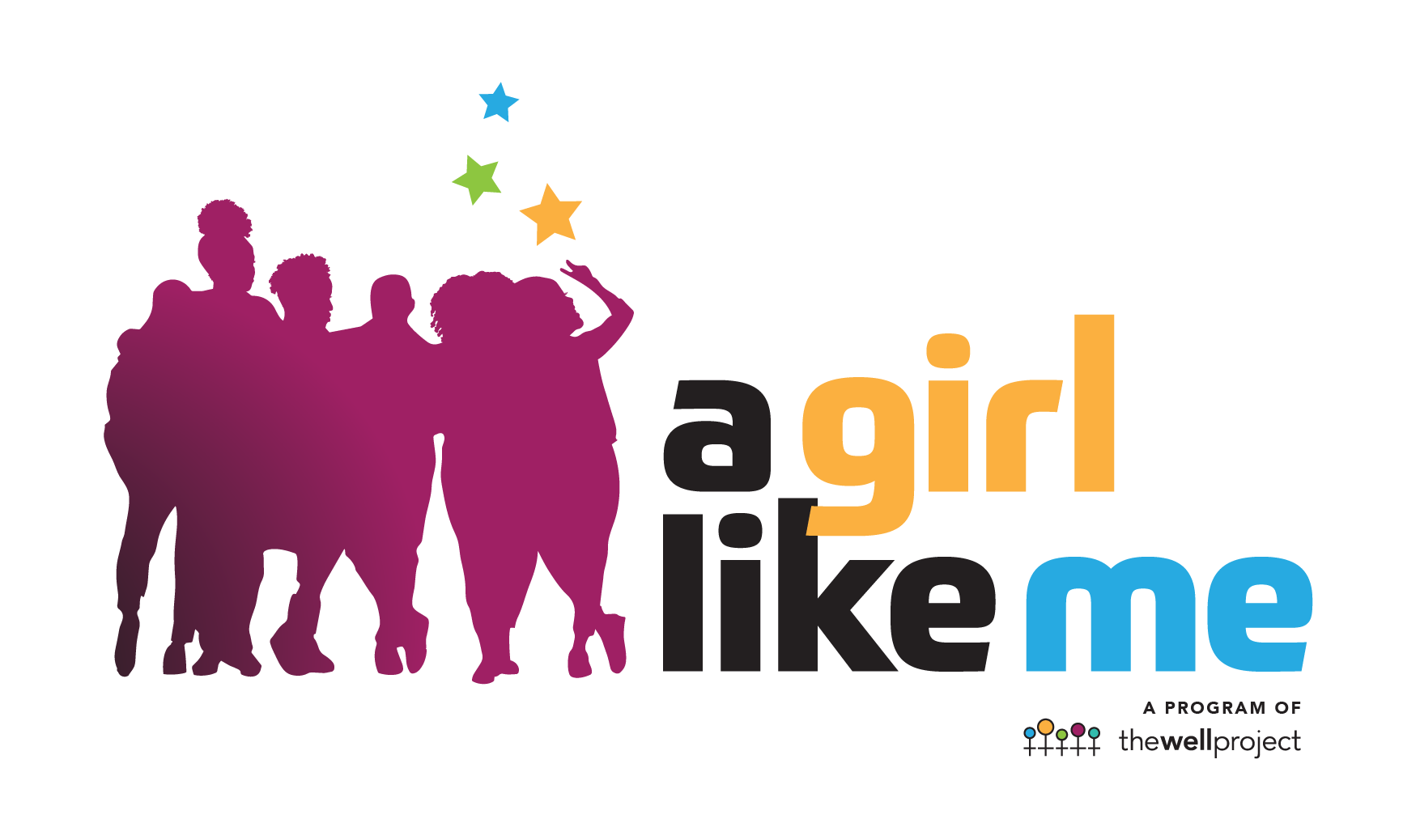
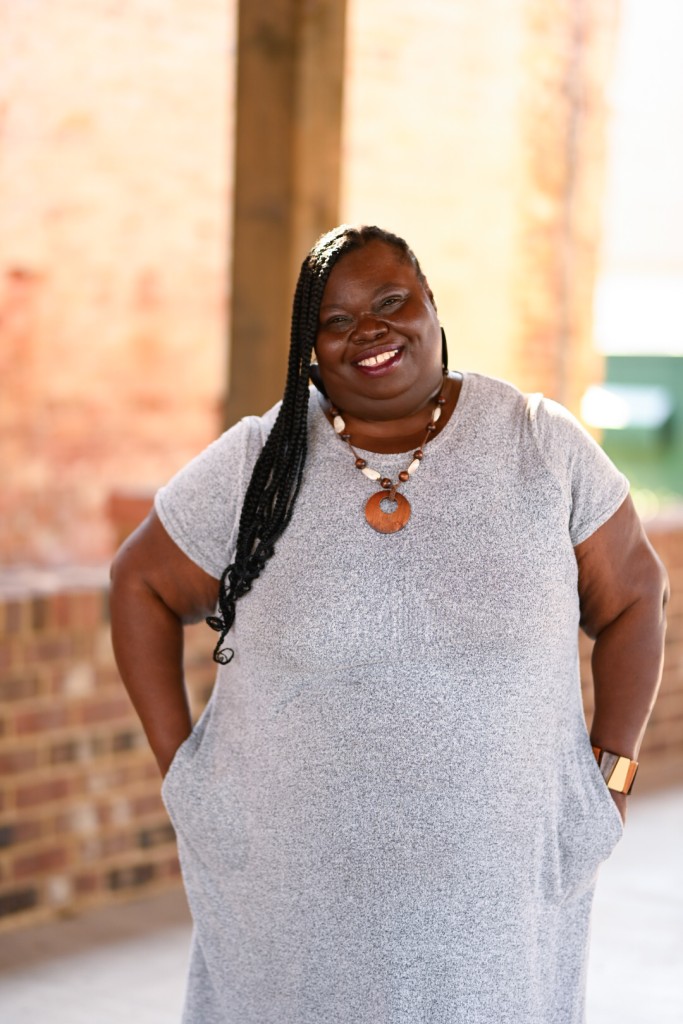
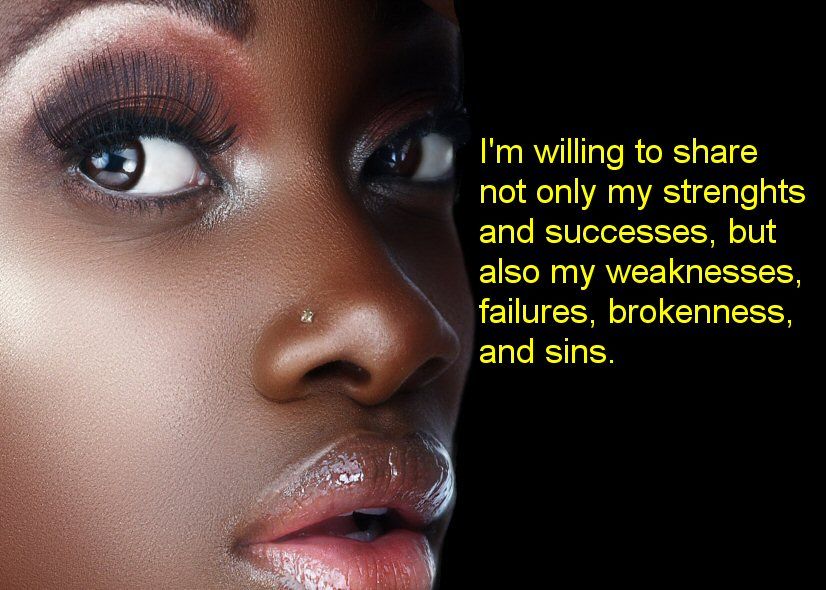
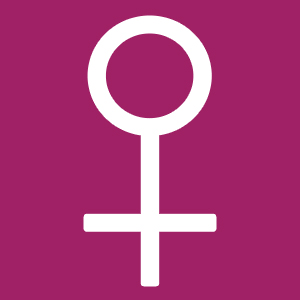
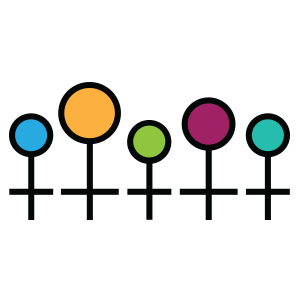

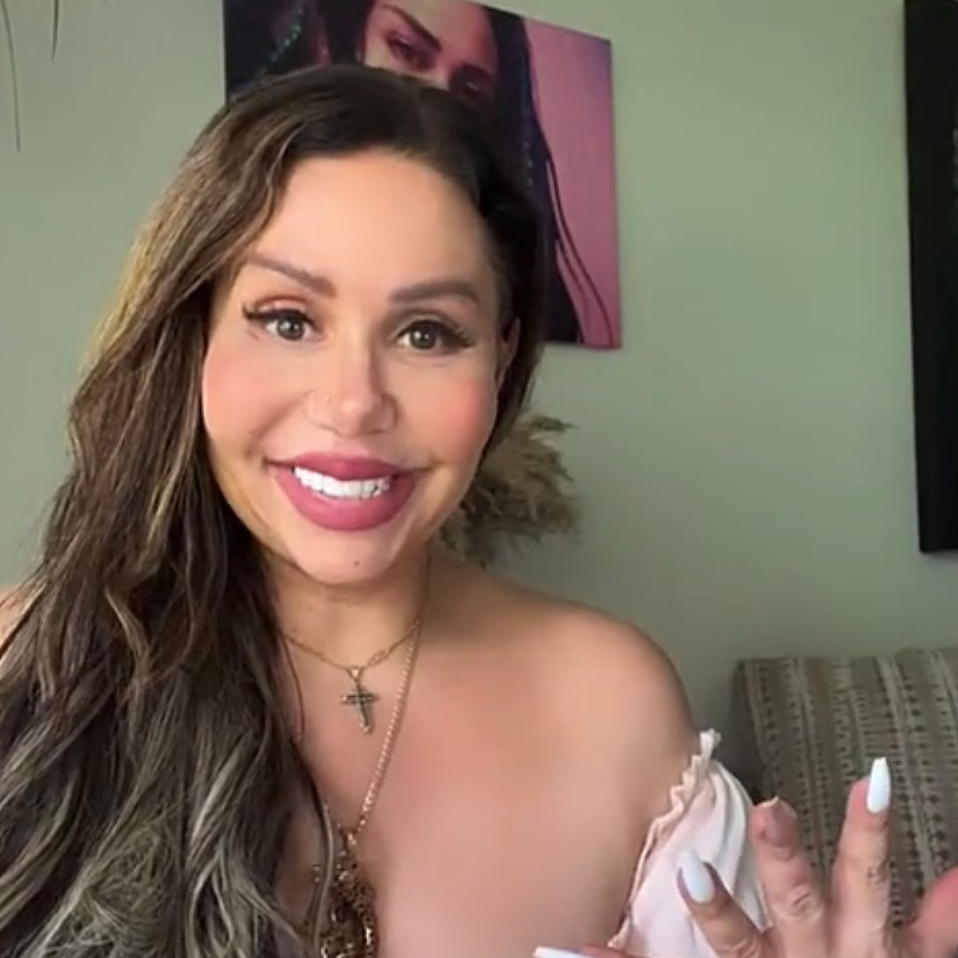
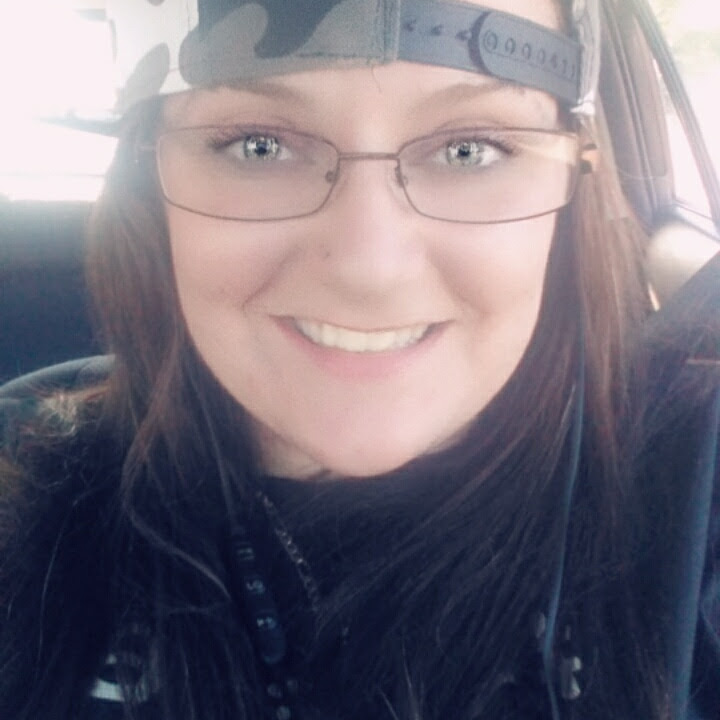
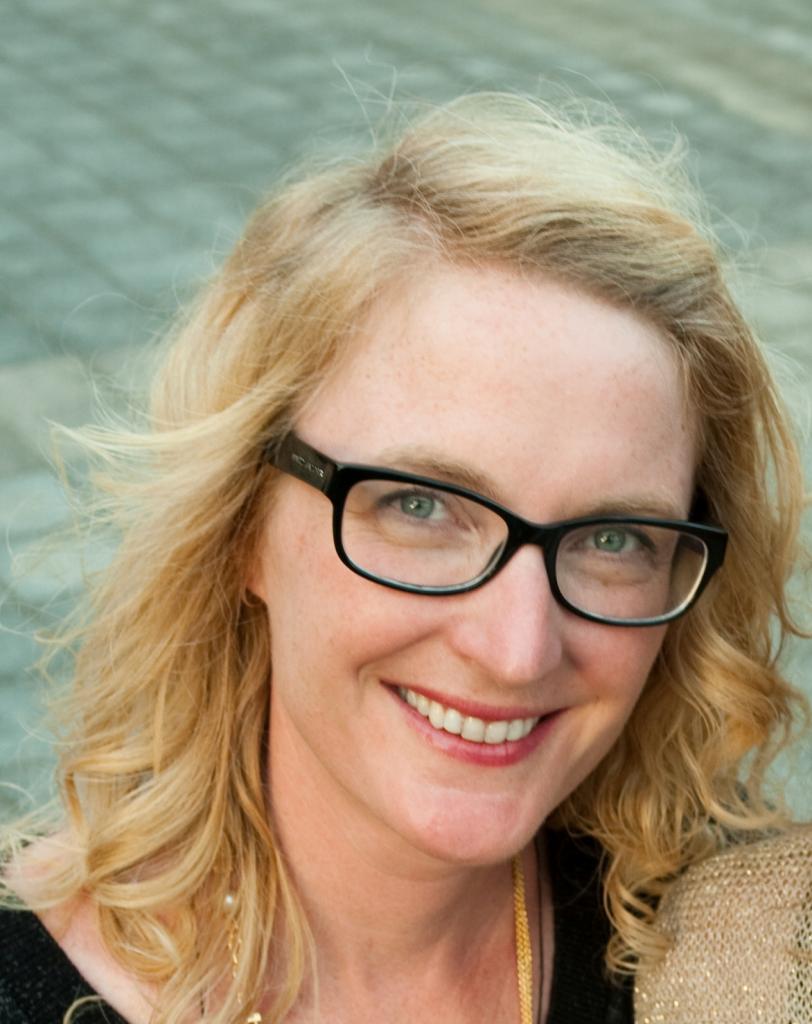



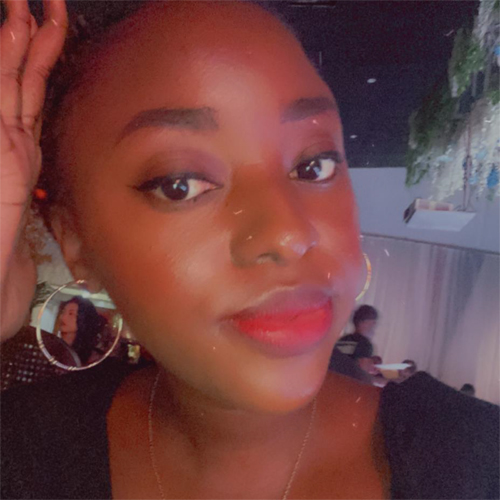
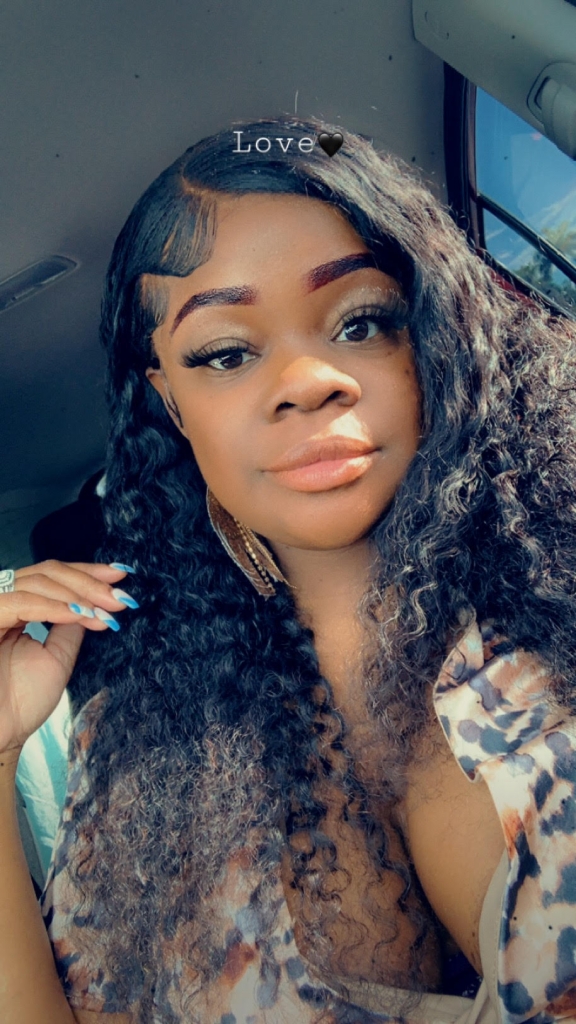


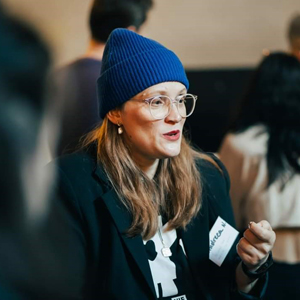

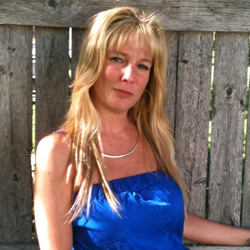


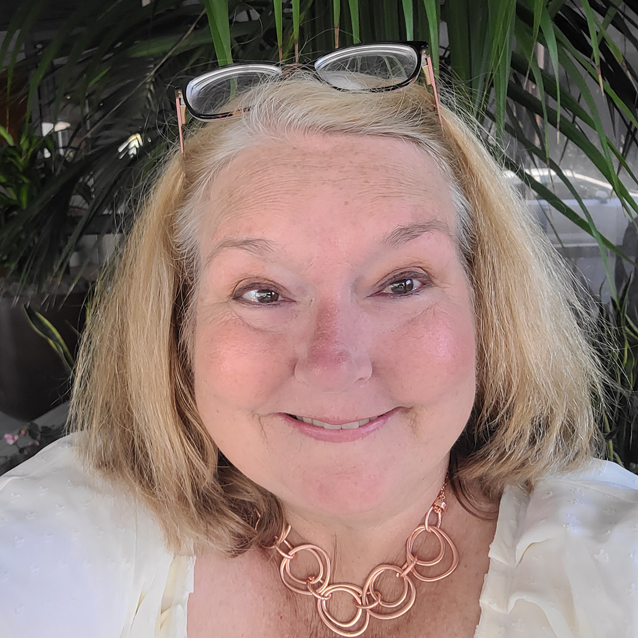

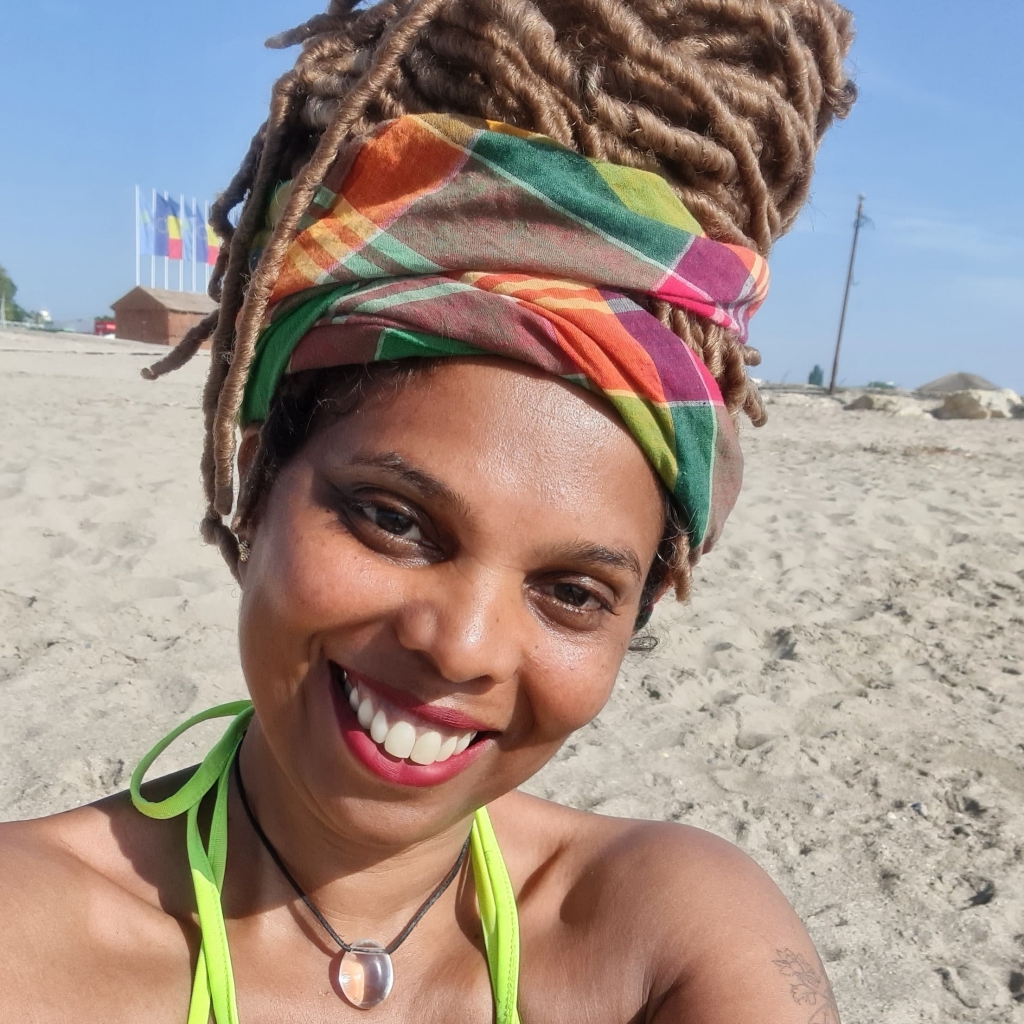

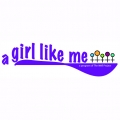
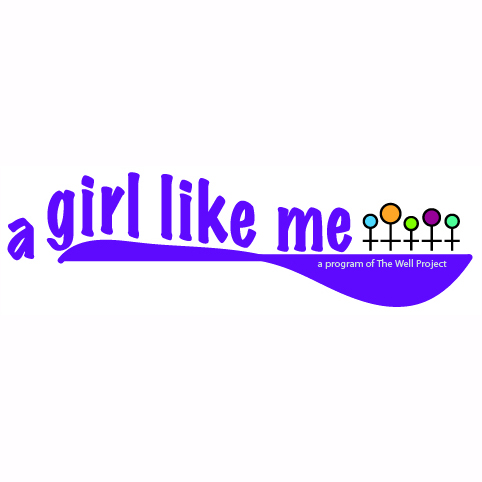
Support
I am so proud of you for reaching out to get the support you need. It's not easy to do. I would suggest that you contact HIV/AIDS organizations in your area as well as a caseworker. They should be able to direct you to a support group. I pray that you find your village.